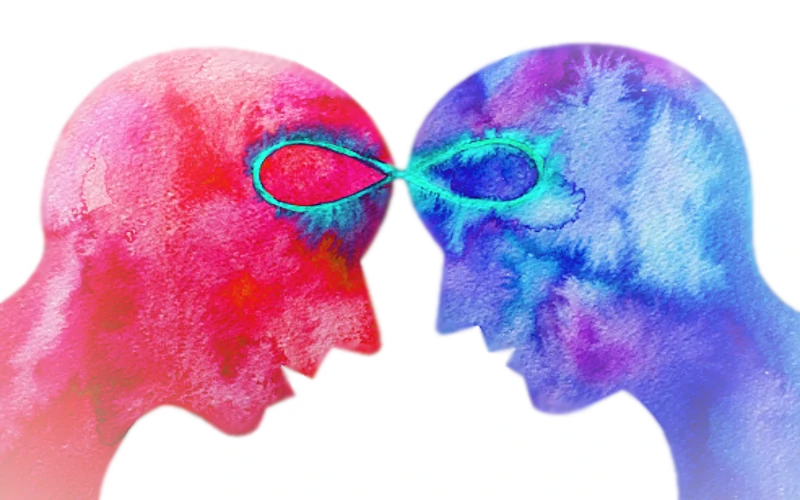In today’s post-COVID remote social media-based society, building strong emotional connections, friendships, and relationships can seem more difficult than it used to.
For many of us, our social skills may feel a little bit rusty.
Why is that?
It seems that while many of us have hundreds of ‘friends’ on Facebook or thousands of followers on Tic-Tok, our “real-life” circle of friends has gotten smaller on average.
Part of this, is a known fact of life, that as we age, our friend group tightens. And that’s not a bad thing.
But there’s also a large group of people who have just gotten rusty, out of practice, or never really learned how to form deeper connections with people in real life (IRL) in the first place.
In this article, we’ll explore new perspectives, expert opinions, and the latest science to gain a better understanding of why and how to better form emotional connections with others.
Let’s Dive In.
The Fundamentals Of Deep Connections
Start With Yourself First
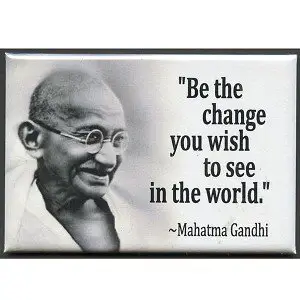
“You, yourself, as much as anybody in the entire universe, deserve your love and affection.” – Buddha
Inspiring quotes aside, our relationships all begin with a deep dive into the caverns of our own minds. It’s only when we come to know and understand ourselves, that we can hope to forge genuine connections with others.
It’s a journey of self-discovery that’s equal parts exhilarating and terrifying, but one well worth taking if you’re seeking true intimacy and belonging.
As noted by Medical News Today, the importance of building love and connection with yourself is the essential stepping-stone to having the capability, understanding, and ability to build something meaningful with others.
Let The Bond Develop Naturally, Don’t Force It
Forcing a bond with someone will usually make things feel unnatural and both parties might a sense of insincerity. You may also notice that most of your connections tend to be short-lived.

On the other hand, allowing nature to take its course with new connections can lead to deeper and more meaningful relationships based on mutual understanding, trust, and shared experiences.
According to Everyday Health’s passionate and award-winning editorial team, when bonds are formed naturally, they are often more resilient and can withstand the challenges that inevitably arise in any relationship.
Organic always seems to be the healthiest way to go in life. That includes food for your body and food for your soul.
Make Sure You’re Both Emotionally Invested
Building a deeper connection with someone requires a level of emotional investment from both individuals. Without both parties being inversted, the relationship will lack the depth and substance necessary for true intimacy and understanding.
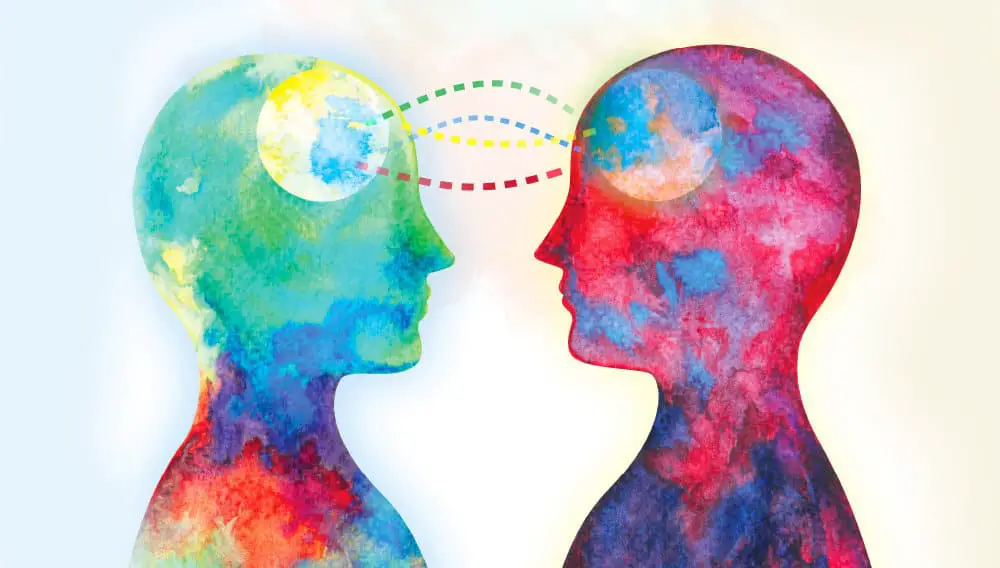
When both people become emotionally invested, they are more likely to be forgiving and understanding towards each other, weaving a tapestry of quantum entangled love between the hearts.
Building and Giving Trust
Building trust is an essential component of forming a deeper connection with someone.
Trust is what allows individuals to take the leap and go to the edge of their comfort zones in order to form a deeper connection with each other.
Brené Brown, a venerated psychologist, researcher, and author who has studied the dynamics of human connection and vulnerability said it best,
“The foundation of a deep connection is mutual vulnerability and emotional intimacy.”
Tips For Building Deeper Emotional Connections With Others
(Ways to Develop Friendships)
1. Be Willing To Nurture Relationships
According to Koru Family Psychology, a family first psychology practice, nurturing our relationships is one of the most important things we can do if we want to form something that will last.
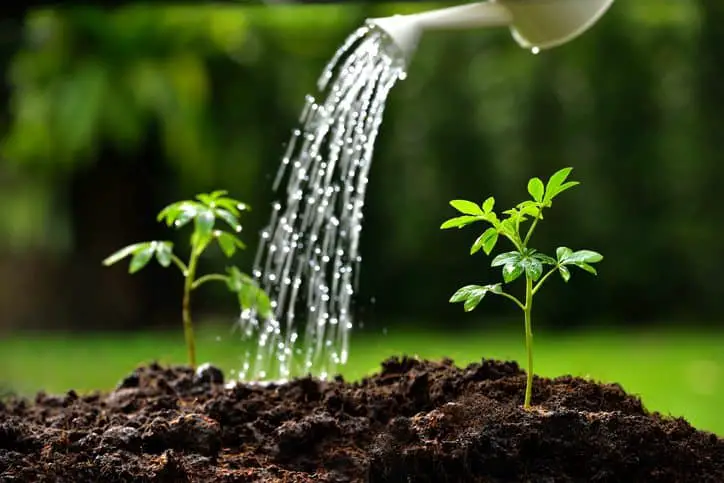
And the easiest way we can start to forge this trail is by bonding through things we have in common.
Finding common ground is like discovering a vein of gold in the middle of a desert. By exploring our common interests and experiences, we can learn more about each other and find new ways to connect.
This can be through a shared love of a particular activity, hobby, or even a shared history. These common threads can bring individuals together and help them to form a deeper connection.
The common ground between us is where we find our greatest treasures. By discovering these treasures, we can build a relationship that is rich and meaningful.
2. Practice Actively Listening (without judging)
In the world of psychology, there is a term for listening to someone’s words and the emotions that are tied to them, empathetic listening.
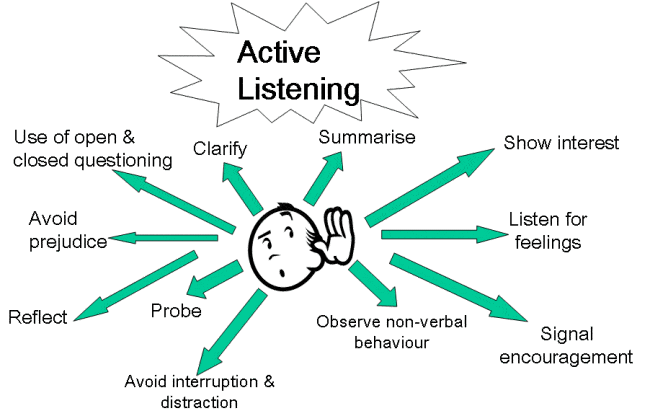
Empathetic listening is a critical component of forming and maintaining healthy relationships.
This can be done by actively engaging with and understanding another person’s thoughts, feelings, and experiences.
When we listen empathetically, we can put ourselves in the other person’s shoes and gain a deeper understanding of their perspective. It also creates a safe space for individuals to share their thoughts and feelings without fear of judgment.
When people feel heard and understood, they are more likely to open up and build a deeper connection with others.
Empathetic listening requires active listening, patience, and an open mind, but it is a valuable skill that can improve all of our relationships, both personal and professional.
3. Practice Open Communication
Give and Receive Honest Feedback
The well-known psychologist and author, Ken Blanchard said it perfectly, “Honest feedback is the breakfast of champions.”
Blanchard’s quote suggests that feedback should be seen as an opportunity for growth and development, rather than as a negative critique.
By approaching feedback in this way, individuals can foster a culture of openness, growth, and mutual respect in their relationships.
Eye Contact
Eye contact is a powerful tool. It is a non verbal form of communication that conveys interest, attention, and engagement, and can help to construct a greater connection with others.

When we make eye contact, we show the other person that we are present and fully invested in the conversation or interaction.
It helps to build trust and empathy, as it demonstrates that we are actively listening and trying to understand the other person’s perspective.
“The eyes are the windows to the soul.” – William Shakespeare
Why Do You Avoid Eye Contact: 13 Tips To Help
4. Have Meaningful Conversations (avoid boring conversations)
Ask Personal Questions
It’s gonna take more than just shooting the breeze and asking about their favorite color. Asking personal questions isn’t a bad way to get to know someone. But it’s got to be done right.

According to psychology professional Dr. Itamar Shatz., personal questions can be a way to peel back the layers and get at the heart of someone’s experience. They can give you insight into what makes a person tick, what they’re passionate about, what they’re scared of…all that jazz.
But it has to be done with care. You don’t want to pry or make someone feel uncomfortable.
Ask Deep Questions (not about the weather)
Asking deep questions is good for a relationship because it helps you to understand the person you’re with, and to see their soul.
It’s like peering into the depths of the ocean and discovering the mysteries hidden beneath the surface. You give them the opportunity to reveal their innermost thoughts, fears, hopes, and dreams.
And in doing so, you create a connection that’s based on honesty and understanding. You see, a relationship is like a map, and the deeper you explore, the more you’ll discover about each other and the terrain you’re navigating together.
As explained by the founder of Berkley Well Being, Dr.Tchiki Davis, if you want to build a strong relationship, ask deep questions and don’t be afraid to delve into the unknown. That’s what true love is all about.
Alternate Depth And Light-Heartedness
Alternating a conversation between depth and light-heartedness is a way to create balance and maintain interest.

Observe the mood of the conversation and adjust accordingly. If it’s getting too heavy, introduce a light-hearted topic to change the energy.
Humor is a great way to lighten the mood. You can tell a funny story, joke, or even make a playful comment.
Talk About The Future
Asking about someone’s future is like looking into a magic crystal ball. You get a sense of what the person values and what’s important to them.
Ask them about their goals, aspirations, motivating forces, and what they want to achieve in the years to come. And don’t forget to share your own plans and dreams too.
That way, you’ll both have a better understanding of where you’re headed and what kind of future you want to create together.
Remember, life is short, so why not spend it with someone who’s headed in the same direction as you?
5. Make People Comfortable To Open Up
Be Vulnerable
Brené Brown, a research professor, bestselling author, and speaker stated,
“Vulnerability is the key to connection. When we allow ourselves to be seen, truly seen, we open the door to intimacy and deepen our relationships with others.”
Her books, including “Daring Greatly” and “The Gifts of Imperfection,” have inspired millions of people to embrace their vulnerability and live more authentic lives.
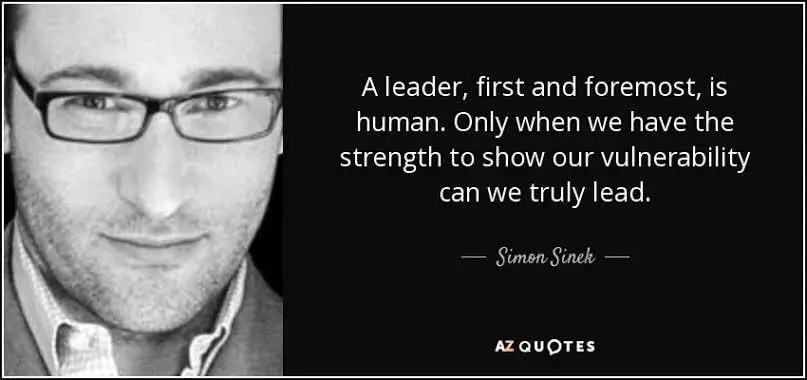
Why not give it a try?
Be Aware of Your Body Language
It reveals what’s truly going on beneath the surface. It’s like reading the subtext of a novel, where the words between the lines tell the real story.
When you pay attention to someone’s body language, you can see their emotions, their level of comfort or discomfort, and their level of engagement.
A conversation is more than just words. It’s a dance between two people, and your body is just as important as your mouth in leading the way.
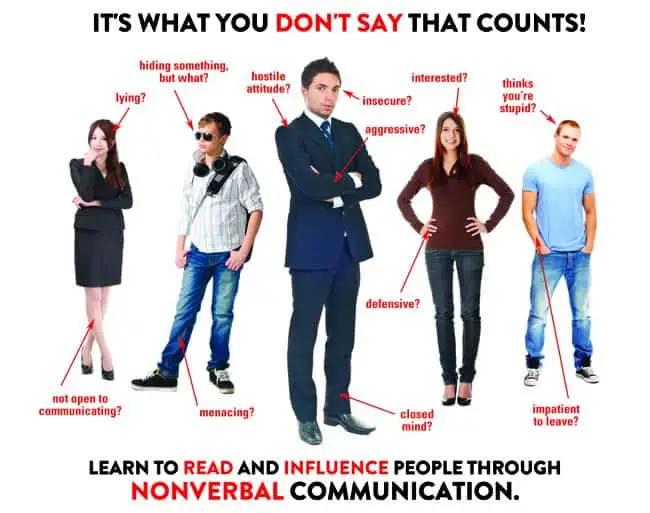
Here’s how to tell what your body language says about you.
Joke And Laugh Together
Laughter is magic in our minds. It releases endorphins, those feel-good chemicals in your brain that make you feel happy and connected to the other person.
And when you’re happy and connected, you’re more likely to open up and be yourself.
Laughter will break down the barriers between people and can also defuse tense or uncomfortable situations.
The best of all is when you can find somebody who has humor similar to your own. We don’t always have to be politically correct. Sharing a twisted sense of humor can be healthy.
In fact, a study from the University of Kansas claims that a shared sense of humor is tied to relationship success.
Let Go Of Control
Needing control can stifle intimacy and prevent a true connection from forming.
When you’re always trying to control the other person or the situation, it sends the message that you don’t trust the other person, or that you don’t believe in the relationship/connection.
By letting go of control, you allow for a more equal and authentic dynamic to emerge.
Letting go of control is like jumping off a cliff, but instead of falling, you fly.
Be Empathetic
Empathy is a bridge leading us toward a stronger and more effective form of communication.
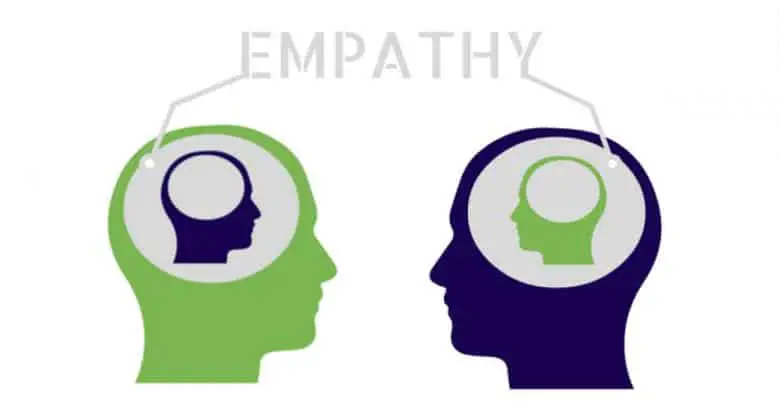
We can begin to dissect the feelings of others and understand them more on an emotional level which will allow us to respond in a way that is more attuned to their needs and feelings.
6. Share Physical Experiences
Do Something Crazy And Adventurous
Carl Jung, a Swiss psychiatrist, and psychologist who was one of the most influential figures in the field of psychology in the 20th century once said,
“Everything that is really great and inspiring is created by the individual who can labor in freedom.”
Jung believed that being adventurous and stepping out of one’s comfort zone was important for personal growth and development.
He argued that by embracing the unknown and taking risks, we are able to discover new parts of ourselves and tap into our innate creativity and imagination.
This, in turn, can help us to deepen our connections with others and the world around us.

So, if you’re looking to build deeper connections with others and with yourself, embracing adventure and taking risks can be a valuable step in that direction.
Eat Together
Anthony Bourdain, the late chef, writer, and television personality preached the importance of sharing a meal numerous times throughout his life but my favorite quote was,
“Food is everything we are. It’s an extension of nationalist feelings, ethnic feelings, your personal history, your province, your region, your tribe, your grandma. It’s inseparable from those from the get-go.”
Bourdain believed that food and eating together were deeply connected to our identities and our relationships with others. He saw food as a way to bring people together, share experiences, and connect on a deeper level.
7. Apologize When Your Wrong
Apologizing isn’t always the easiest thing to do, but let me tell you this: it’s essential when you’re wrong. Nobody is perfect, and we all make mistakes.
When you apologize, you’re taking responsibility for your actions and showing the other person that you understand the impact of what you’ve done. It’s a sign of respect, humility, and integrity.
If you want to keep your relationships strong and your reputation intact, a sincere apology can go a long way.
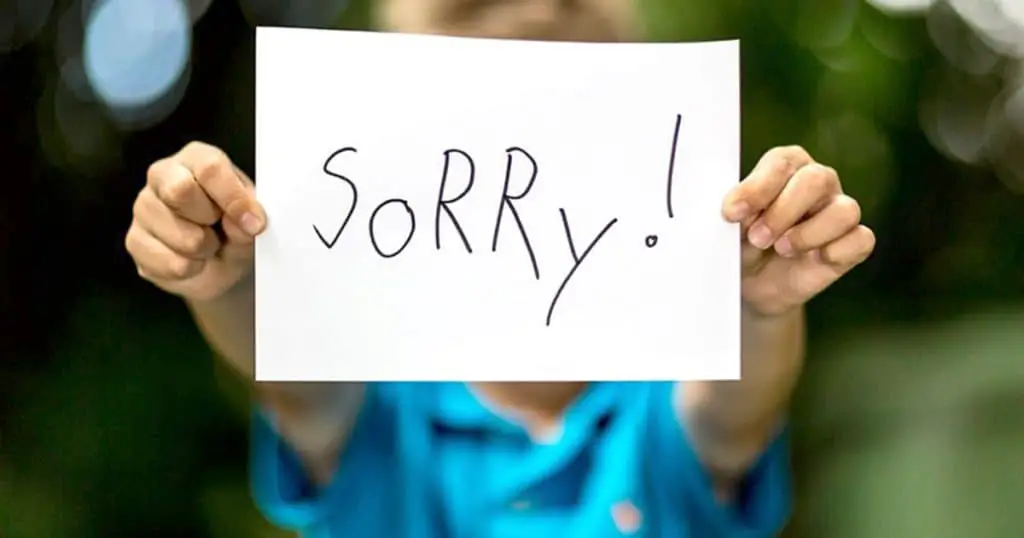
How To Apologize According to Experts
Final Thoughts: Building Deeper Emotional Connections / Friendships
Building deeper connections and friendships is essential to the human experience. Without meaningful relationships, life can feel lonely and empty.
Humans are social creatures, and we need each other to survive and thrive. We need to connect with others, to share our experiences, and to have people in our lives who support and care for us.
Having a deep connection with someone is worth its weight in gold….And can pay better dividends than gold.
Friendship is the foundation of a fulfilling life. It’s the glue that holds us together through the ups and downs, the good times, and the bad.

If you want to live a more meaningful and purposeful life then you need to put in the effort to build deeper connections and friendships. Get out there, meet new people, and don’t be afraid to take a chance on someone.
You never know, that person could end up being the friend or lover of a lifetime.
And remember, a true friend is someone who will ride shotgun with you through the wild and crazy ride that is life. So, don’t take these kinds of relationships lightly, kid. They’re the key to a life well lived.
Loved what you read?
Hit that share button and let the world in on the secret – we’d be thrilled!
Got thoughts? We’re all ears for your feedback, corrections, or a good old chat. Don’t be shy; drop us a line.
And hey, don’t miss out on our curated list of must-reads in the recommended books section.
Big thanks for diving in with us today!


